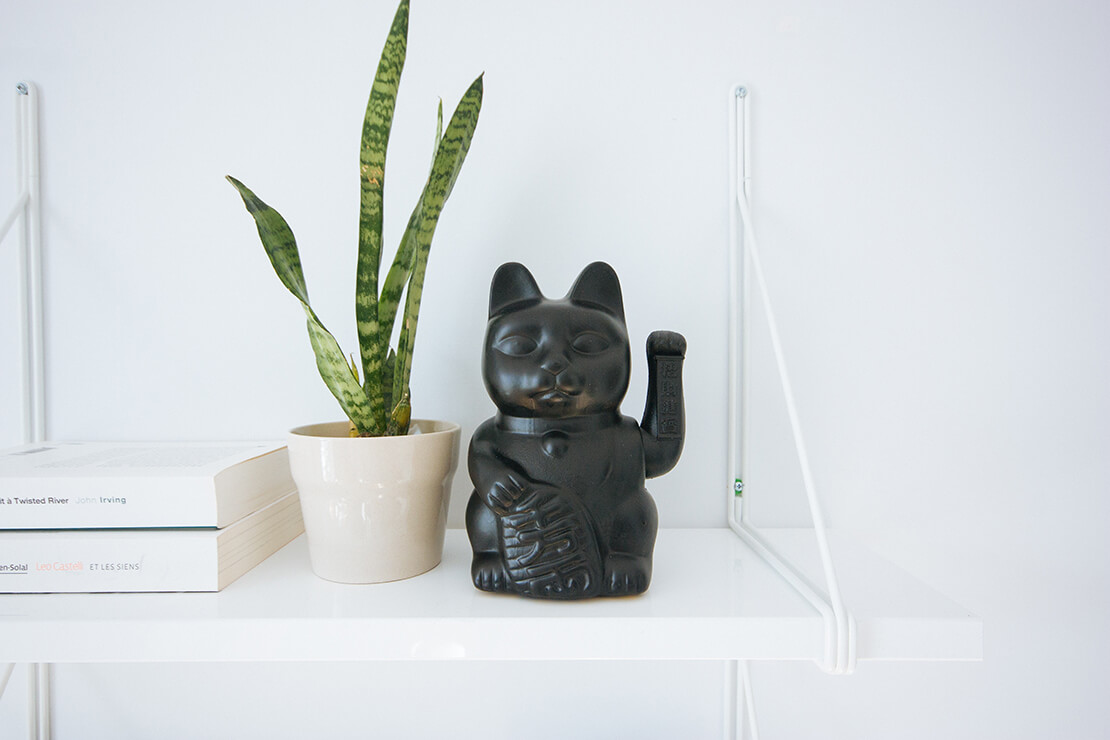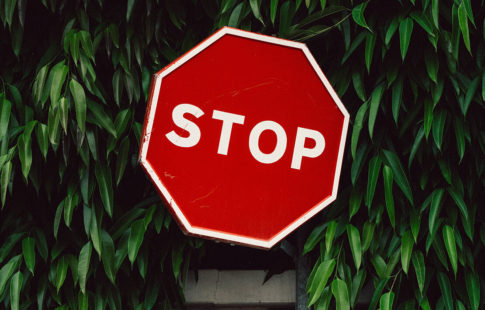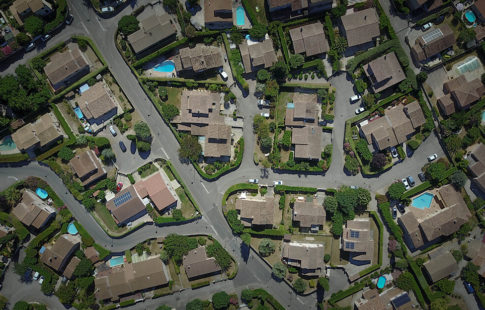The world is teeming with advice about how to search for a home, how to make an offer, and how to negotiate a good deal. If you are interested in buying a home and applying for a mortgage, one of the most tried-and-true rules of thumb is the 20% down payment. While it might seem steep, a 20% down payment — or the total amount of money you are willing to contribute upfront toward the purchase of a home — could potentially be a great idea.
“The day you start saving for a down payment is the day you start thinking like a homeowner.”
— Mr. Cooper
Better Your Odds of Getting a Mortgage
Perhaps the most important reason to make a 20% down payment is that it increases the likelihood you’ll qualify for a home loan. Think of it this way: The larger the down payment, the smaller the loan.
For example: If you are buying a home for $200,000, a 20% down payment — $40,000 — means that you need a mortgage for $160,000. If you only put 10% down ($20,000) on that same home, you’d need a mortgage for $180,000.
Although a minimum 20% down payment could improve your chances of qualifying for a mortgage, coming up with a large down payment can be tricky for many borrowers — and especially for first-time home buyers. But, if you can swing it, it can be very much worth the effort.
Avoid Private Mortgage Insurance
Another benefit of making a 20% down payment on a home is that you could potentially avoid private mortgage insurance (PMI), a type of mortgage insurance that is designed to protect the lender in case a borrower defaults on their mortgage.
If you are unable to make a 20% down payment, your lender might tack on PMI, which would result in higher monthly payments.
Reduce Your Monthly Payment
If you are able to make a 20% down payment, your monthly mortgage payment will be less than if you had made a smaller down payment. If you put 20% down you will cover a greater percentage of the total cost of your home and have a smaller total mortgage amount, which means that you should have lower monthly payments. The 20% down payment, in essence, can reduce the payment amount and make a home more affordable on a monthly basis. To crunch your own numbers, try Mr. Cooper’s mortgage calculator to see how a 20% down payment could affect your monthly bill.
Greater Equity = Less Interest Over Time
Each mortgage payment is a combination of principal and interest. As time passes and the mortgage matures, the principal portion of your payment will increase and the interest portion will decrease. This is because the interest charged is calculated based on the current outstanding balance of the mortgage.
When you make a 20% down payment, you go into your mortgage with a lower balance than you would have after making a smaller down payment. Less interest will ultimately be charged over the lifetime of the home loan for this reason, which is another pro of making a sizable down payment right off the bat.
You can use an amortization calculator to see how much of your mortgage payments are being applied to the principal of the loan versus how much is being applied to interest.
Get An Equity Infusion
If you can make a 20% down payment, you have just bought yourself instant equity into your new home. Home equity is the amount of your home that you own outright, and equity is often considered a person’s chief source of collateral. Being able to obtain a portion of home equity as soon as you buy could put you in an advantageous financial position, if you ever wanted to refinance or buy a second home.
Another benefit of building home equity is that it can help protect you if the housing market makes a downturn. If you put less than 20% down and the market turns, you could find yourself in a negative equity position.
A sizable down payment can be a smart strategy, and it’s always great to speak to a professional if you have questions about how to obtain your financial goals. Contact Mr. Cooper to learn more.







